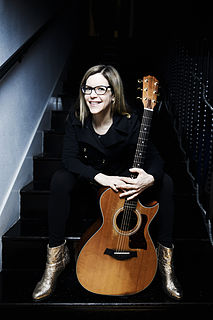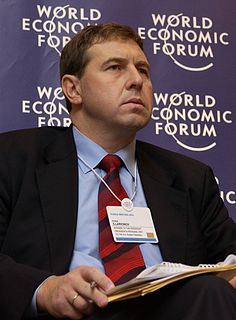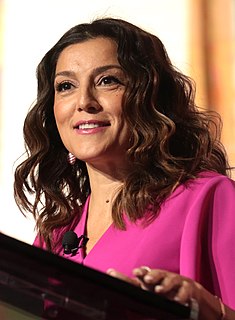A Quote by Tony Judt
I was born in 1948, so I'm a '60s kid, and in the '60s everyone talked all the time, endlessly, about socialism versus capitalism, about political choices, ideology, Marxism, revolution, 'the system' and so on.
Related Quotes
In the course of history periods of capitalism and socialism alternate with one another; capitalism is the unnatural, socialism the natural economic system... The National Socialists and the Red Front have the same aspirations. The Jews falsified the Revolution in the form of Marxism and that failed to bring fulfilment.
A Jesuit once wrote a note to Father Arrupe, his superior general, asking him about the relative value of communism, socialism and capitalism. Father Arrupe gave him a lovely reply. He said, "A system is about as good or as bad as the people who use it." People with golden hearts would make capitalism or communism or socialism work beautifully.
...the transition from capitalism to Socialism and the liberation of the working class from the yoke of capitalism cannot be effected by slow changes, by reforms, but only by a qualitative change of the capitalist system, by revolution. Hence, in order not to err in policy, one must be a revolutionary, not a reformist.







































